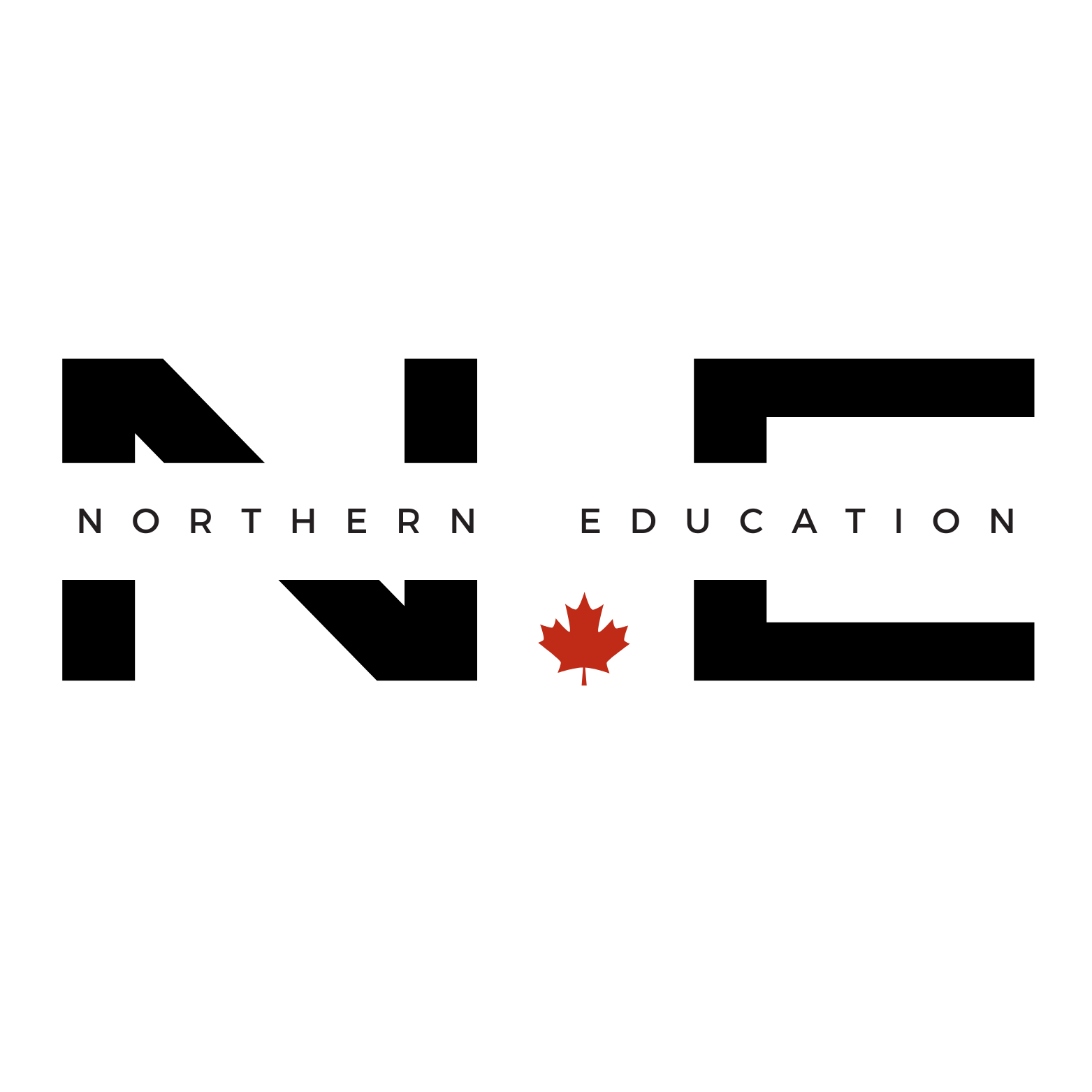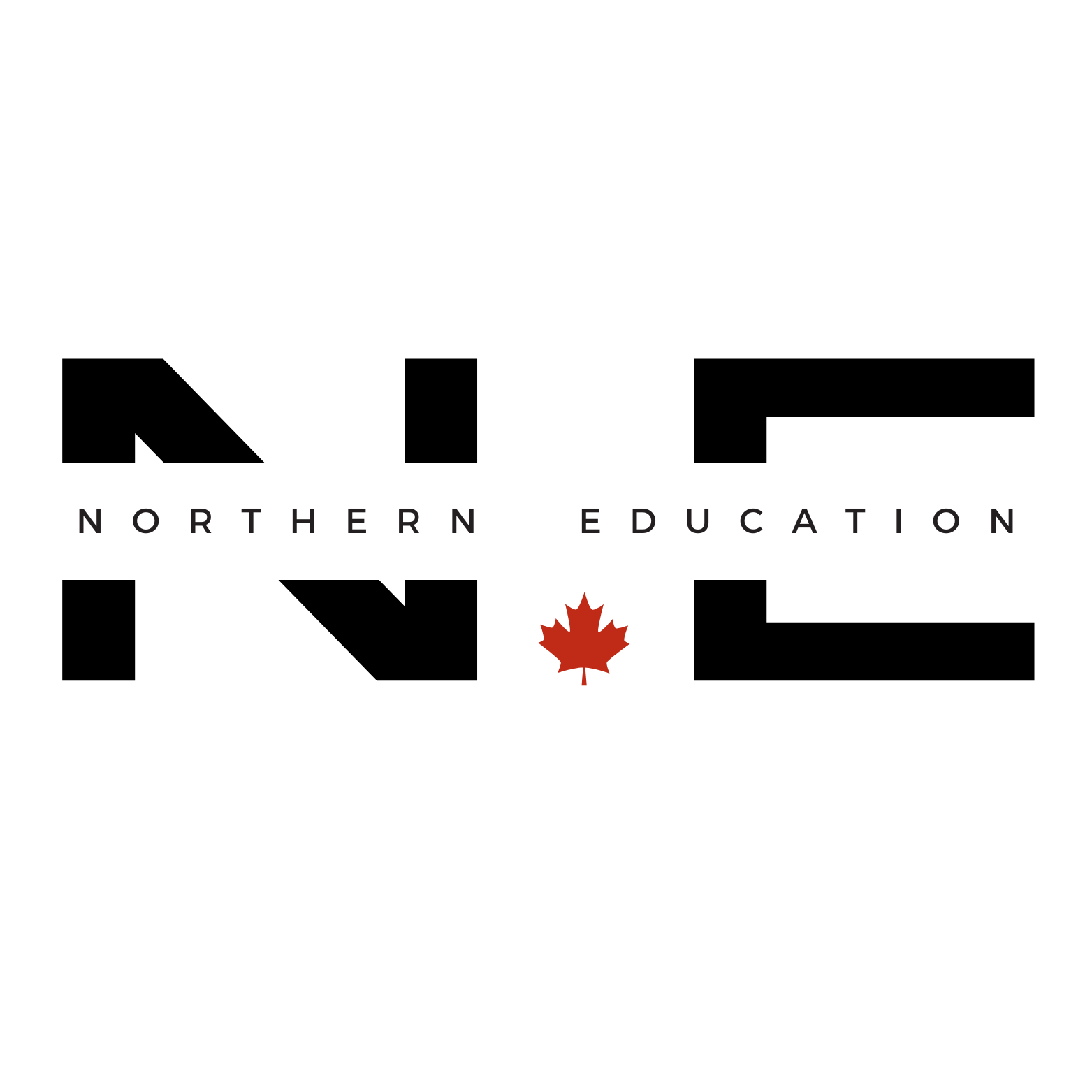Canadian PGWP and Study Permit Changes for 2025
Key Updates on Canadian Study Permits and Work Opportunities for International Students
Canada remains a top destination for international students, and recent policy updates are set to impact those aspiring to study and work in the country. On September 18, 2024, the Canadian government announced significant changes to the Post-Graduation Work Permit (PGWP) program and study permit process, with further details provided on October 4, 2024. Here’s what you need to know:
1. Changes to the Study Permit Caps for 2025 and 2026
Starting in 2025, Canada will implement a new cap on the number of study permits issued. This policy follows a year where select programs already saw capped permits and aims to balance student intake with resources. The key updates include:
- Reduced Permit Cap: Study permits will be capped at 437,000 in 2025, a 10% reduction from 2024 levels.
- Stabilized Cap for 2026: The number of permits issued in 2026 will match 2025’s cap. Exemptions: K-12 students are not included in the cap.
- Graduate Program Quota: Approximately 12% of study permits will be reserved for master’s and PhD students, who must also provide a provincial or territorial attestation letter.
2. Updated PGWP Eligibility Requirements
The PGWP program allows international graduates from eligible institutions to stay and work in Canada for up to three years. Previously, eligibility was largely dependent on the program length, but the upcoming changes include:
- Language Proficiency Requirement: As of November 1, 2024, all PGWP applicants must demonstrate language proficiency. University graduates will need a Canadian Language Benchmark (CLB) or Niveaux de compétence linguistique canadiens (NCLC) score of 7 or higher, while college graduates need a score of 5 or higher. Test results must be from the last two years.
- Program-Specific Requirements: Only certain fields, such as STEM, healthcare, agriculture, and trades, will qualify for PGWP eligibility.
3. New Rules for Future Study Permit Applicants
Applicants who submit their study permit request after November 1, 2024, will face additional requirements tied to their field of study. Specific changes include:
- Bachelor’s, Master’s, and Doctoral Programs: Must meet the CLB/NCLC level 7 in all language areas.
- Other University Programs: Language score of 7 and enrollment in a PGWP-eligible field.
- College Programs: Language score of 5 and must be in a PGWP-eligible field.
4. Spousal Work Permit Changes
Partners of students will see new limitations in their work permit eligibility:
- Master’s Degree Students: Spouses can apply if the program is at least 16 months long.
- PGWP Holders: Spouses will only qualify if the graduate works in specific management, professional, or in-demand occupations.

Final Thoughts
The changes aim to streamline Canada’s international education sector, ensuring better alignment with labor market needs and equitable resource distribution. Students and stakeholders should stay informed and check the official IRCC website or consult a Registered Canadian Immigration Consultant for accurate, updated guidance. These shifts reflect Canada’s commitment to supporting international students while balancing immigration with domestic priorities.



